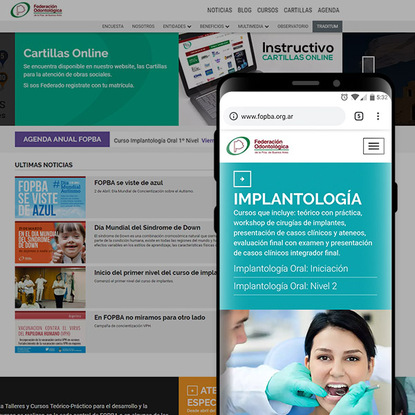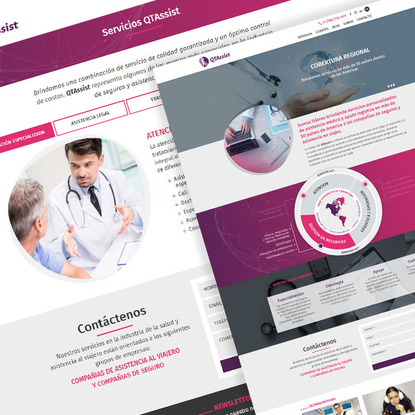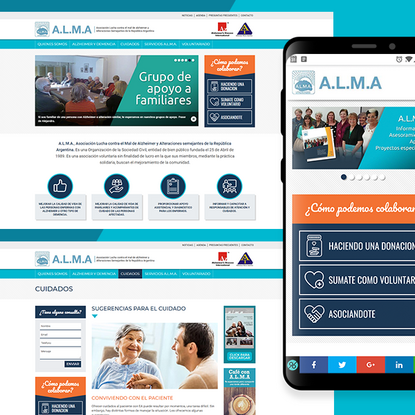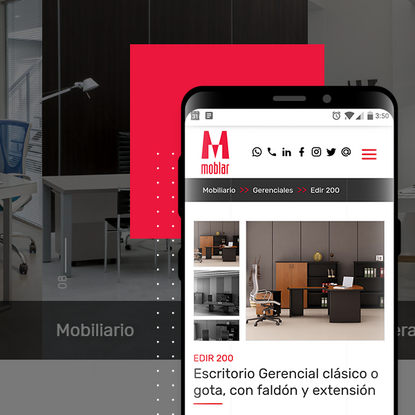Aquí los 5 errores más comunes:
1. Improvise
The keywords are too important for your site to put a lot of impromptu words. The biggest mistake that can be made in SEO is to spend time creating content without research what words do you need to use for your positioning strategy.
Do you consider what your buyers are looking for? How can you start developing the right keywords for your business?
Start by pointing out the words and phrases relevant to your business. Let them flow without you thinking too much.
Use the following questions as a guide:
- What are the things that are resolved to your customers with your product or service?
- What questions do you hear from your customers?
- How to describe your competition what the do in your business?
Once you have those words, organize them by category and then take them to your site and campaigns. After doing research with your keywords so you can know what companies are already ranked by Google using these words, and how difficult it is to reach a good position with the words you chose.
2. Don't lose opportunities
When you are making a landing page or a new page and you are doing it in a hurry, it is easy to forget and where you have to go each keyword:
- Pages' Titles: These appear in the browser tab, as well as in the search results, and have a certain impact on your person. Include keywords in your title to have more opportunities in search engines. Remember avoid to write titles beyond 60 characters.
- Meta description: While these do not have a direct impact on the search ranking, these descriptions tell browsers directly if the content of the page is relevant or not for what they are looking for. As in the titles, have in mind to add keywords in your meta descriptions. Do not write them more than 155 characters.
- URL: If you can put keywords in your URL, do it. Once again, make sure that the words flow naturally and that they describe the content of your page well.
3. Create your content around your keywords list
El hecho de que metas tres mil veces tus keywords en un solo texto es como un vendedor intenso que no entiende un NO como respuesta. El punto del inbound marketing es lograr que los leads lleguen solos, sin que los estés molestando. Si incluyes tus keywords forzadamente lo único que lograrás será ahuyentar a tu audiencia, y todo tu esfuerzo no servirá de nada.
The keyword in a single text is an intense seller who does not understand an answer. The point of inbound marketing is to get customers to arrive alone, without you being upset. If you include your keywords so that all that is achieved is to scare away your audience, and all your effort will not help.
The content of your page should flow naturally, and you should talk to your "BUYER PERSONA", instead of creating a text. So write your texts with your target audience in mind and anything else. Then go back and read it to see where you can measure some keywords. Do not make them your priority, remember that they are not ... Your priority is your customers.
4. Have in mind just your first idea
I have been writing about putting your keywords in all the places that cover your marketing strategies, but if you do not take the time to write multiple ideas, variations of titles, meta descriptions, etc., then you are not giving yourself enough value to your product or service.
5. Focus on short words and put aside long ones
It is easy to think that keywords should be short, however it can happen, and many times, that there is no need to create words, but phrases. If you sell "solar panels" you will not only use the word "solar", will you?
Do not just choose short words or two-word phrases, you may need 4 to 5 word phrases that reflect how your clients may be looking for your company's terms. These phrases will always be easier to classify better than if you write only one.





















